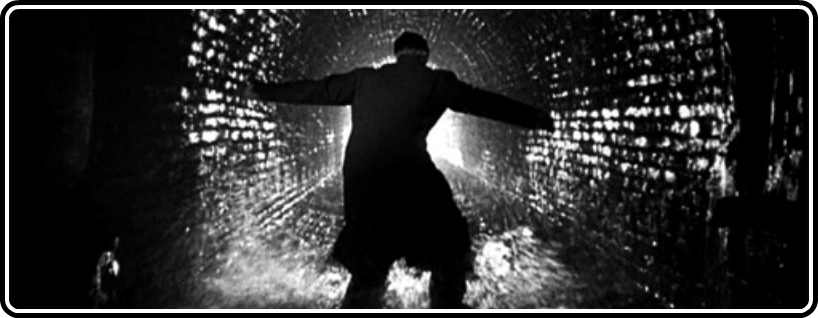‘We’re not like other people, we’re artists. You know: with great talent comes responsibility.’
Now, while that may sound like someone on the street riffing on the iconic ‘with great power comes great responsibility’ from the Spider-man universe, I mean, there is a little indie you may have heard opening this week in the form of The Amazing Spider-Man, but no, it’s something wholly different. From something far more special.
The more prolific one is, the likelier it is that that very person will craft both masterpieces, and absolute duds. It’s just basic math. However, when it comes to Woody Allen, over forty films into his legendary career and while he’s made his occasional duds, they have still been worthy of note. It’s like a baseball player. More swings often correlates to more strikes. But when Woody swings for the fences, the ball has a tough time staying in the ballpark.
One of the films that has gone relatively unnoticed in the director’s decades-spanning career may very well be one of his most interesting, a little gem of a film noir entitled Shadows And Fog.
Starring a usually dense cast including Allen himself, Mia Farrow, John Malkovich, John Cusack and even yes, Madonna, Shadows is Allen’s loving ode to the expressionistic noir of Fritz Lang and his contemporaries, and it is easily one of Allen’s best films of the last three decades.
Narratively, the film is relatively simplistic. The black and white drama follows the story of Allen’s lead, a bookkeeper named Kleinman, who runs into a mob looking to hunt down a killer that has been strangling his victims. Toss in Allen’s penchant for romantic flings and fouls, particularly found in the relationship between circus acts Paul and Irmy (Malkovich and Farrow respectively), and you’ve got a wonderful blend of Woody Allen auteurish touches and film noir tropes, in the guise of one of Allen’s most vibrant, lively and inventive features to date.
As with any Allen film, he is far and away its biggest star. Performance wise, there isn’t much new ground that is tread here, as Allen is playing a familiar tune. However, like any cagey veteran, he strikes the exact right note at the exact right time, making it a charming and truly entertaining performance. It is however, his supporting cast that carries this wonderful little film. Cusack gives one of his career-best performances, pulling the polar opposite of what Allen put forward here, going against type and playing a bragadocious young college student willing to shell out whatever he needs to to bed the apple of his eye, Farrow’s Irmy.
Farrow and Malkovich hold down the film’s emotional core. The pair are at odds with where they want their relationship to go, with the former all in and craving having a child, and the latter diametrically opposed to that idea. Saying that having a family is ‘death to an artist,’ Malkovich’s Paul drives Irmy out of the home and into a whorehouse, tossing our narrative into motion.
As with most Allen films, it’s an admittedly taut film, clocking in at 85 minutes, and with a $14 million budget, the Orion Pictures production (the same crew behind such films as Criterion staple Robocop) looks at least double that amount. The film is shot by frequent Allen collaborator Carlo Di Palma (also the man behind the look of films like Antonioni’s Blow-Up), and it looks spectacular. Taking cues from German Expressionist features, the film has a singular style, and the black and white photography looks ripped right out of the era it’s attempting to ape. The film itself feels very understated and playful, something not uncommon within Allen’s films, but the style alone makes the air within it feel filled with dread, simply from the set design to the stunning Di Palma-led cinematography.
Now, why is this a perfect fit for a Criterion Collection edition? While it doesn’t top Woody Allen’s canon, as say something like his absolute best film, Hannah And Her Sisters, the film is Allen at arguably his most distilled. Both self-referential and cinematically reverent, the film blends all of Allen’s cinema-focused aesthetics with his continual musings on themes like faith (both humanistic and spiritual), romance, life and death, culminating in a film that you could toss into the hands of any Allen novice, and show them everything they’ll need to know. It’s an utterly hilarious addition to his filmography, and frankly, it’s one that has yet to truly get its day in the spotlight.
And what spotlight is brighter than one shone on upon the film by the almighty ‘C.’
[youtube http://www.youtube.com/watch?v=KDkbdH8zwDE&version=3&hl=en_US&rel=0]





1 comment